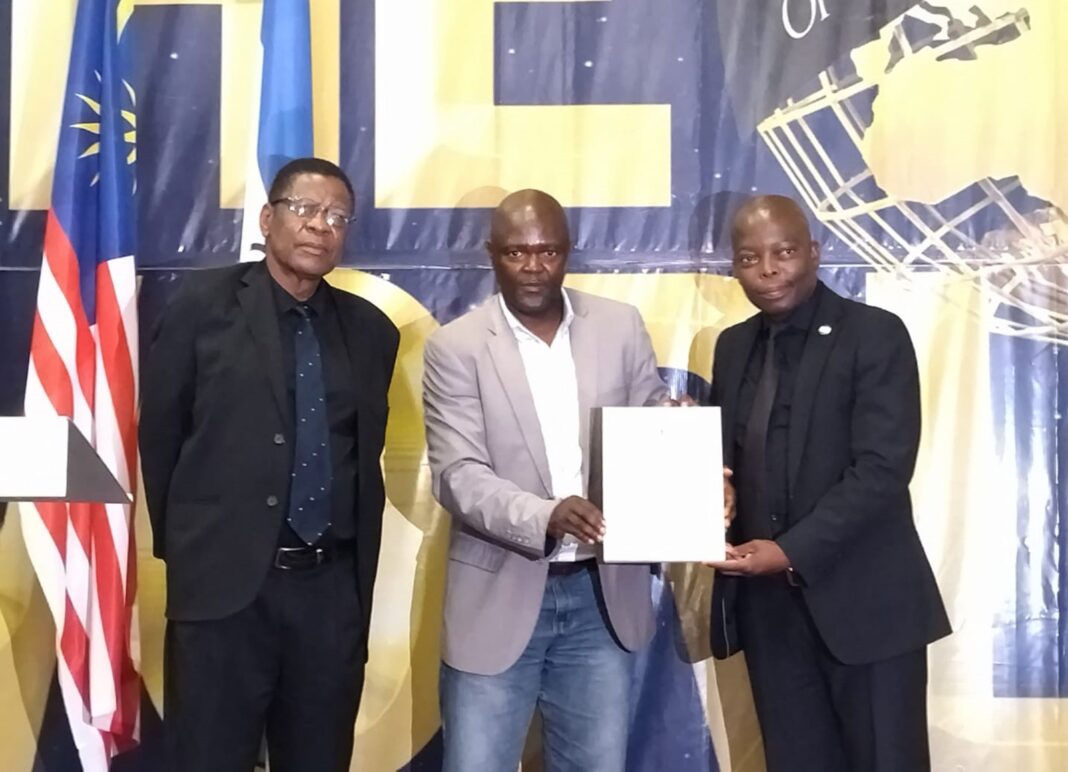By ‘Majirata Latela
Limkokwing University of Technology Lesotho this week a launched technical and vocational education and training (TVET) programmes meant to provide students with the opportunity to transfer from vocational to academic courses.
According to an LUCT press statement, the programmes are meant to enable students to acquire knowledge and skills from basic to advanced level across a wide range of institutional and work settings within a diverse socio- economic context.
Courses that will be offered by the university under TVET, include Certificate in Business Information Technology, Certificate in Architecture Technology, Certificate in Graphic Design, Certificate in Marketing and Certificate in Innovative Travel and Tourism.
According to director quality assurance, Ntlaloe Ntlaloe, there was an identified gap in their analysis where it was discovered that there were many students from Lesotho General Certificate of Secondary Education left out of tertiary level. These students were left out due to failing a requisite subject that enhances chances for enrolment in a higher education institution.
“The objectives of TVET programme is to develop and introduce courses that will bridge the technical and vocational skills gap in the labour market of Lesotho.
“Programmes will enable people who are already in the field to come for improvement of their skills at their own time while they are still productive with skills attained on the job.
“As part of the African campuses, Lesotho also was given a mandate by the founder and president of LUCT, the Late Tan Sri Dato’ Dr Limkokwing. He indicated that all African campuses must fully get in the TVET as this is a crucial sector for developing countries as it is skills-based.
“The university has therefore introduced this Programme in support of the ministry of education and training’s technical and vocational department ‘s initiative to empower as many Basotho as possible and to enable Lesotho to develop much needed industry- related skills among its workforce to fuel economic transformation,” Ntlaloe observed.









